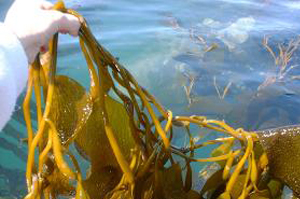
Berkeley-based Bio Architecture Lab (BAL) and Statoil, an offshore oil and gas producer with a presence in 40 countries, have announced a partnership whereby Statoil will provide direct funding for R&D demonstration phase and commercial scale-up in Norway. If successful, Statoil will also fund the commercialization of BAL’s technology in Norway and elsewhere in Europe. BAL will have the right to equity participation and will receive royalties on all ethanol and by-products produced by the partnership.
“This game changing partnership will allow Bio Architecture Lab to accelerate our path toward commercialization and establish our technology in key markets in Europe,†said Daniel Trunfio, CEO of Bio Architecture Lab. “The significant commitment of resources and funds from Statoil further validates BAL’s market opportunity and puts us with an elite group of companies in our industry who have partnered with established oil and gas companies to bring technology to market.â€
During the initial phase of the partnership, BAL is responsible for developing the technology and process to convert Norwegian seaweed into ethanol. Statoil is responsible for developing and managing the seaweed aquafarming operations, with consultation from BAL, which already has aquafarming operations in Chile. Upon the successful achievement of key milestones, Statoil and BAL will develop a demonstration scale facility in Norway, which could potentially lead to large scale commercialization by Statoil in Norway and other parts of Europe.
Bio Architecture Lab was founded in order to fill what it sees as a market gap for low cost, scalable, and sustainable source of sugars for biofuel and renewable chemical production using aquafarmed, native macroalgae as a feedstock. The company has been building out a similar program off the coast of Chile as part of a program funded by the Chilean government. In addition, BAL has partnered with DuPont in a project funded by the Advanced Research Program Agency – Energy (ARPA-E) to convert macroalgae into isobutanol. In total, the company has received more than $34 million in funding, grants and strategic investments.






1 Comment